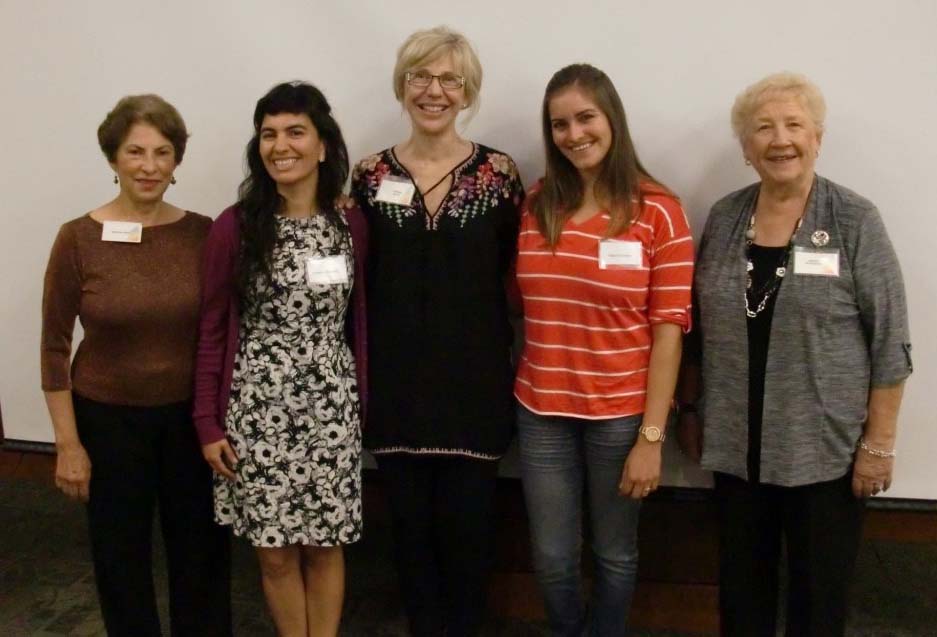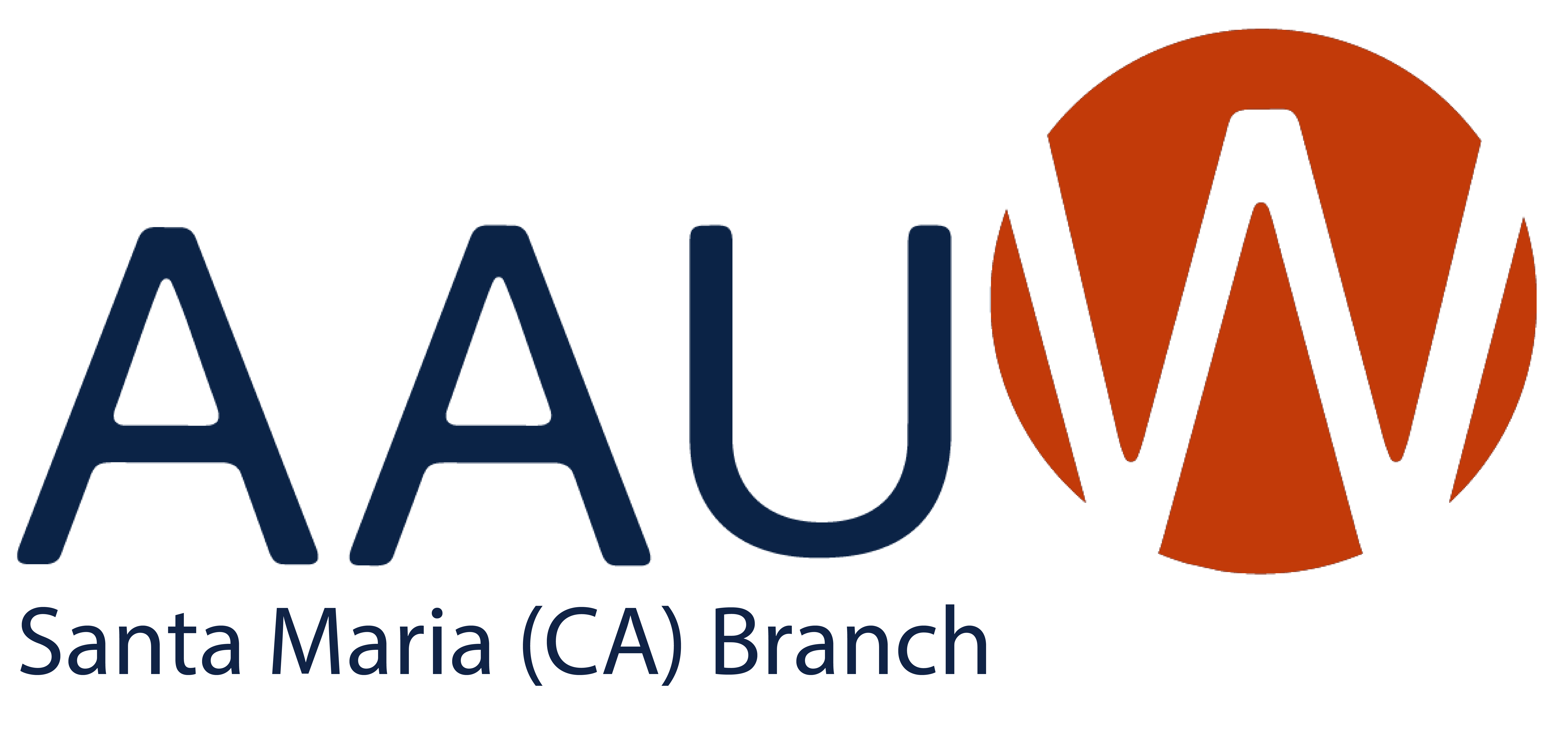Our Branch will be sponsoring three very interesting speakers :
Hazel Davalos (CAUSE) will be our guest giving us pertinent information regarding AB 60 and our community.
AAUW members Virginia Souza and Christina Gonzalez will be sharing personal experiences and photos of their recent trip to the Tijuana border.
We will have refreshments and time for discussion following the presentations.
WHEN: THURSDAY, OCTOBER 15TH
TIME: 6:00—8:30p.m.
WHERE: Shepard Hall, Santa Maria Public Library
Dona on: $10.00
Reservations please
What an interesting evening. The information shared by our guests about immigration issues was quite enlightening, for it is so very different than what our media seems to be sharing. Hazel and Christina are very involved with the Immigrant Community in our local city, and we left feeling we had more insight and understanding of this issues and concerns that the immigrants, the community, the city, and our members share.
From an Article in the Santa Maria Times Newspaper, written by Abby Hamblin:
Women’s group hosts immigration speaker
Abby Hamblin ahamblin@leecentralcoastnews.com Oct 15, 2015 1
The Santa Maria branch of the American Association of University Women (AAUW) hosted a speaker who specifically addressed immigration at its monthly meeting Thursday.
Hazel Davalos, Community Organizing Director for the Central Coast Alliance United for a Sustainable Economy (C.A.U.S.E.) was the featured speaker at the meeting at the Santa Maria Public Library and addressed misconceptions about immigration and informed the group about current immigration policy in California and the United States.
“In a nutshell, our mission is to build a stronger voice for working families in our region and it just so happens that in our region, many of our working families are immigrants and immigrant workers, so that’s why immigrant rights is definitely one of our core issues that we work on,” Davalos said.
Davalos emphasized both the size and impact of Santa Barbara County’s immigrant population.
“Immigrant workers are very important to California’s economy and we see that daily here in Santa Maria,” Davalos said. “They’re a very large part of our work force and our county and city’s economy.”
Beyond giving facts about what it actually takes for an immigrant to legally come to the United States, Davalos focused on what she described as a myth: that immigrants don’t pay taxes.
“Just to break it down, if you’re an undocumented immigrant working, and you might use a fake social security number, each pay period when you’re getting paid, those income taxes are still getting taken out of your check every pay period,” Davalos said. “Often, it’s actually the very opposite. When there’s myths around immigrants draining the economy, in reality, immigrants are paying taxes that they’re not benefiting from, because often they aren’t able to access public services.”
When it came to immigration enforcement, Davalos explained several systems that she said have been in place over the last few decades, and gave reasons why she thought there is a need for immigration reform.
“There were some raids here recently and the crimes of each person that was deported was listed and actually a good majority of them were for DUIs and some [records] were 10 years old,” Davalos said. “That’s a really touchy subject, and I would never want to minimize the weight of a DUI, but we also have to look at ICE’s (Immigration and Customs Enforcement) priorities. Are they going to prioritize getting out the worst of the worst or someone committing a lesser, most non-violent crime? It’s a really complicated issue.”
Davalos also emphasized the stress deportation puts on families.
“Regardless of where you stand on this issue, whether you you agree deportations are good, whether you think they’re bad, these deportations separate families and leave children without their mothers and fathers,” Davalos said.
Davalos ended her presentation with information from a recent CAUSE survey of conditions for field workers and a call to action.
“[It’s] a request for local action and increase enforcement to protect our county’s fastest growing and very vulnerable work force,” Davalos said.
AAUW is a national organization that seeks to advance equity for women and girls through advocacy, education, philanthropy and research.
“AAUW likes to stay abreast of current issues that involve our community and it certainly fits well with our AAUW goals and theme,” said Co-Program Vice President Marion Patterson.

